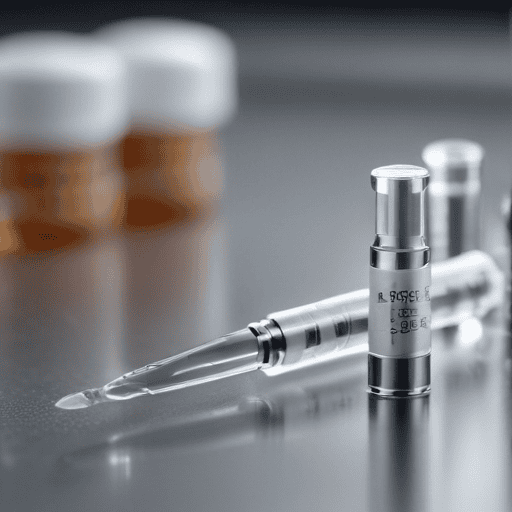The Health Ministry is currently engaging with stakeholders and community members to develop stricter regulations regarding syringe distribution. This initiative is a direct response to an alarming increase in HIV cases, which Health Minister Dr. Atonio Lalabalavu has attributed largely to injecting drug use (IDU). Last year, IDU accounted for over 50 percent of the known HIV transmissions in the country, with 223 reported cases linked to this practice.
Dr. Lalabalavu emphasized the correlation between shared needle use and HIV risk, noting that individuals who inject drugs and share needles are 29 times more likely to contract the virus. As part of the proposed measures, the ministry is considering the possibility of requiring medical prescriptions to obtain syringes, reflecting practices in other countries.
While addressing the need to combat both drug addiction and HIV transmission, Dr. Lalabalavu underscored the importance of tackling these issues comprehensively. “It’s critical to approach drug use as an addiction that requires treatment, while simultaneously preventing the transmission of HIV,” he stated.
One potential intervention being explored is a needle exchange program, designed to facilitate safer practices among drug users. However, Dr. Lalabalavu noted that the successful implementation of such strategies must be aligned with Fiji’s cultural and societal context, emphasizing the necessity of broad community acceptance.
Past efforts have indicated that Fiji represents the second fastest-growing nation for new HIV cases in the Asia-Pacific region, with reports showing that 15 percent of 552 new HIV diagnoses in the first half of 2024 were linked to IDU. The government’s commitment to addressing these challenges includes the upcoming Fiji National HIV Surge Strategy for 2024-2027, which outlines several key priorities aimed at reducing HIV transmission while ensuring treatment and care.
For the 2024/2025 financial year, the government has allocated $200,000 for HIV/AIDS prevention and control programs, with plans to seek further funding from donors and stakeholders. Moreover, initiatives to decentralize point-of-care testing to local health centers are also being prioritized.
In conclusion, while the challenges surrounding HIV transmission and drug use are significant, there is hope in the ongoing dialogue and proactive measures being explored by the Health Ministry. These efforts may ultimately lead to improved health outcomes and a stronger community response to the intertwined issues of drug use and HIV transmission.

Leave a comment